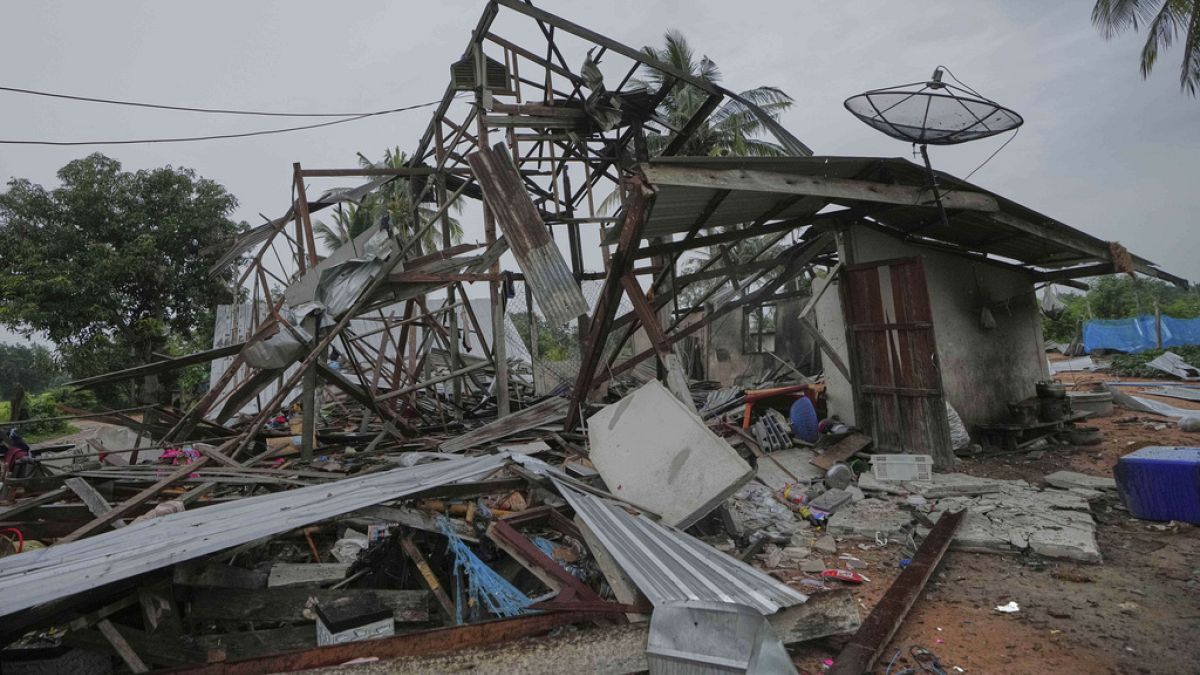

The global stage is witnessing a diligent and determined effort to foster peace and resolution in various regions experiencing conflict. Amidst some of the world’s attention-grabbing crises, nations and leaders are coming together, committing to dialogue and diplomacy to alleviate human suffering and promote stability. Recent developments in Southeast Asia and the Middle East highlight the global community’s continuous efforts to mediate and resolve conflicts through peaceful means.
In Southeast Asia, an encouraging step towards de-escalation has emerged as Thailand and Cambodia have agreed to meet in Malaysia for ceasefire discussions. This decision follows a period of heightened tensions and clashes along their shared border, where over 30 lives were tragically lost. The acceptance of Malaysia’s mediation offer is a promising sign. By choosing dialogue over conflict, these nations exemplify a shared commitment to peace and stability in the region. The international community, while mindful of the challenges such talks present, supports such initiatives, recognizing the potential for peace when nations opt for negotiation over confrontation.
Simultaneously, across the globe, the longstanding and complex conflict in Gaza continues to summon efforts from world leaders. The leaders of France, Germany, and the United Kingdom have renewed their calls for a ceasefire between Israel and Hamas. Following a series of discussions, the European leaders expressed their concern over the humanitarian situation in Gaza, describing it as deeply troubling. These discussions emphasized the importance of a coordinated international approach to aid the peace process. Such engagement underscores the vital role of international diplomacy in addressing and potentially resolving conflicts that have persisted for decades.
Adding another layer to this international dialogue, Italy’s Prime Minister, Giorgia Meloni, weighed in on the topic of Palestinian statehood. She expressed that prematurely recognizing Palestine could be counterproductive at this juncture. Her comments came in the wake of France’s announcement, about becoming the first G7 nation to recognize Palestinian statehood officially. This perspective adds a dimension to the ongoing discussions about the most effective path forward, encouraging thoughtful deliberation over hasty decisions.
In a further bid to alleviate the suffering in Gaza, British Prime Minister Keir Starmer has highlighted the United Kingdom’s active role in orchestrating aid to the region. Through collaboration with Jordanian authorities, Starmer has detailed efforts to deliver critical supplies via airlifts, illustrating the international community’s unwavering commitment to providing humanitarian assistance even amidst complex political landscapes. This initiative is a testament to the compassion and dedication to ameliorating the dire humanitarian conditions in Gaza.
In tandem with these humanitarian efforts, Starmer intends to engage US President Donald Trump in a dialogue to revive US involvement in ceasefire talks concerning Gaza. Starmer is poised to approach President Trump during his brief stay in Scotland, urging a renewed commitment from the US to participate in peace negotiations. This reflects an understanding that lasting peace often requires direct engagement and collaboration from influential nations worldwide.
The recent withdrawals of negotiation teams from the US and Israel from Qatar brought concern among international observers. Thus, the potential re-engagement of these key players in peace talks could herald a pivotal moment in the pursuit of reconciliation and understanding in the region. In these efforts, the international community observes with hope that dialogue will replace discord, and lasting solutions will emerge through sincere engagement and commitment to peace.
The concurrent initiatives across various regions underscore a fundamental truth: that while conflicts arise from complex and deeply rooted issues, the path to peace and resolution is often grounded in the universal willingness to listen, negotiate, and empathize. The global response to current conflicts is a reminder that cooperation and dialogue hold the potential to transform dire situations, ensuring a more peaceful and harmonious world for future generations.
Source: {link}
